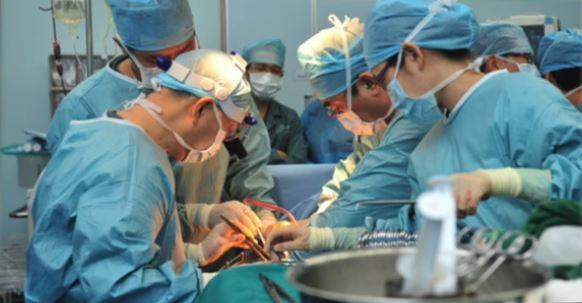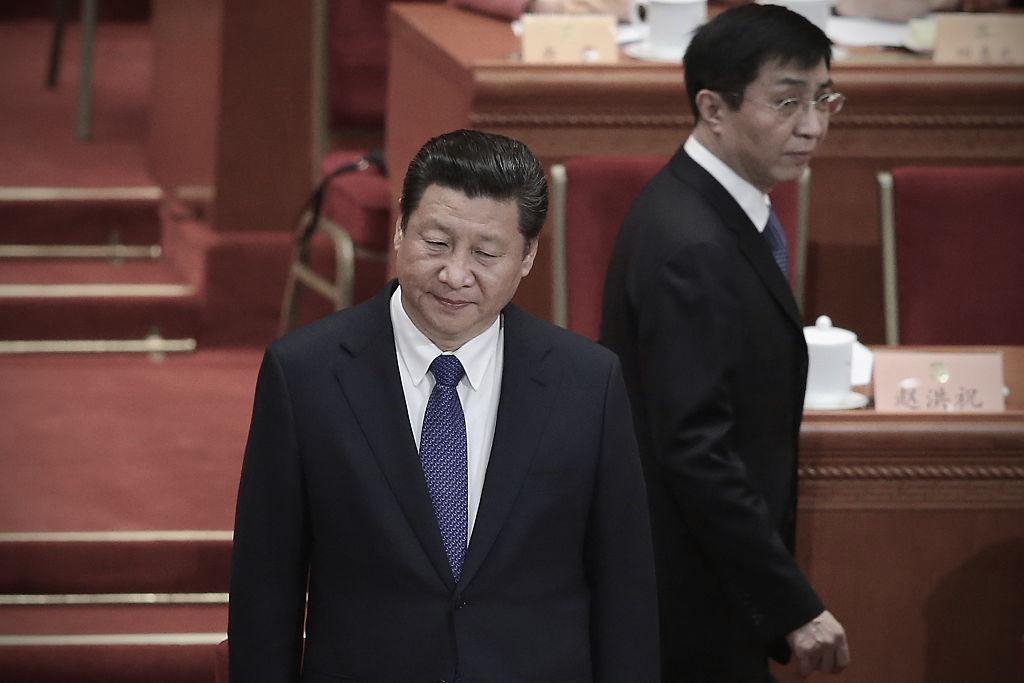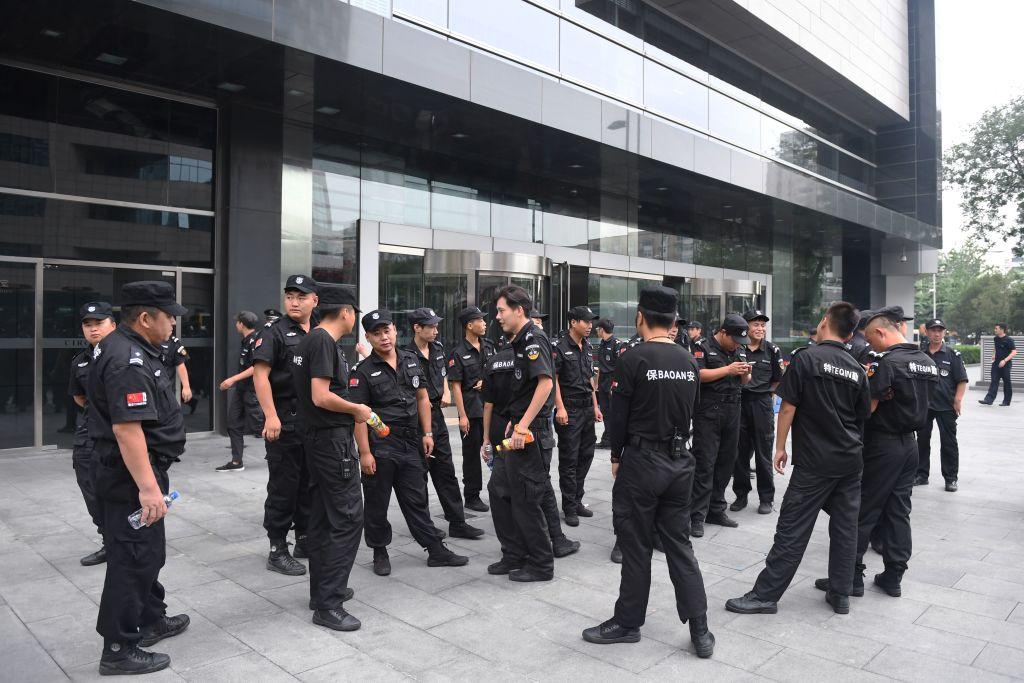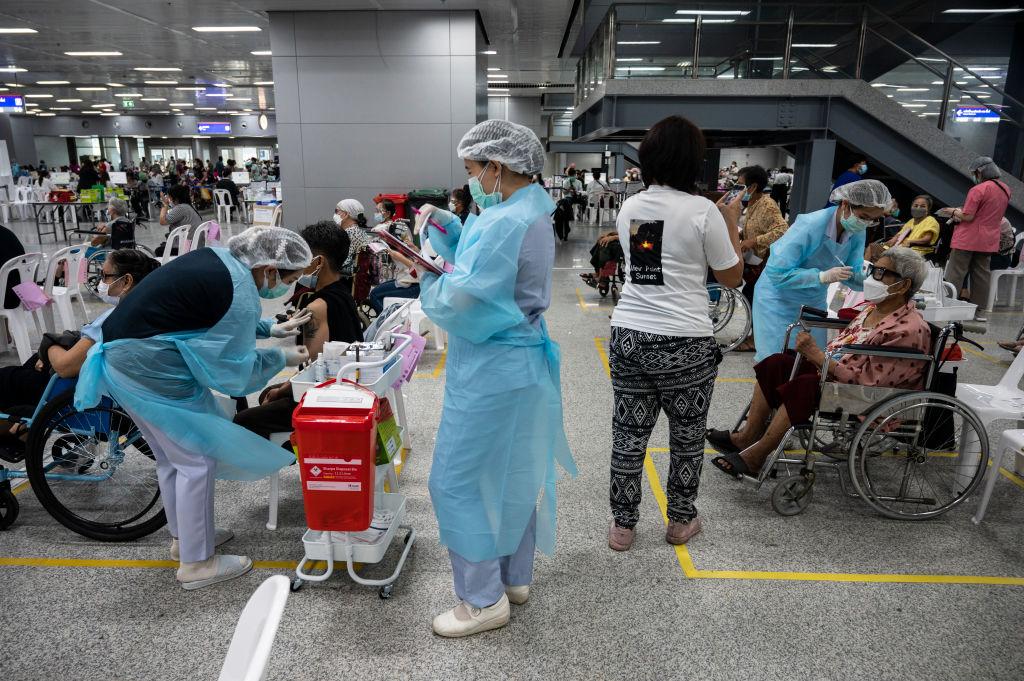A new round of chilling phone calls reveals that live organ harvesting of Falun Gong practitioners continues in China at a variety of leading transplant centers in different regions of the country, according to a recent report.
The conversations, with doctors from 12 transplant hospitals in China, also show that this “business” has become “normal” at these facilities: None of the doctors—all leading figures in organ transplantation in China—showed surprise, dismay, or anger when asked “whether the organs are harvested from Falun Gong practitioners.”
Immediate Admission
In the report released by the World Organization to Investigate the Persecution of Falun Gong (WOIPFG), of the 16 doctors who spoke to Wang, 11 doctors from nine hospitals immediately admitted that their organs came from Falun Gong practitioners, while the other five doctors either didn’t deny that the organs were from Falun Gong practitioners, or avoided responding to the question.A transcript from one call reads: “I have another [question]. You are using Falun Gong practitioners as the donors, that is, those healthy donors, right?”
In addition to claiming to be a relative, Wang also presented himself as the vice director of the Stability Maintenance Office of Sichuan Provincial Political and Legal Affairs Commission, which likely encouraged the doctors he called to speak more candidly than they might to an average individual.
The Political and Legal Affairs Commission is responsible for the persecution of Falun Gong. As a high-ranking official on the panel, Wang could be assumed to be knowledgeable about the forced organ harvesting—the doctors may have felt they were speaking to a co-conspirator.
Moreover, hospitals and doctors would want to maintain a good relationship with the commission to get organs from Falun Gong practitioners.
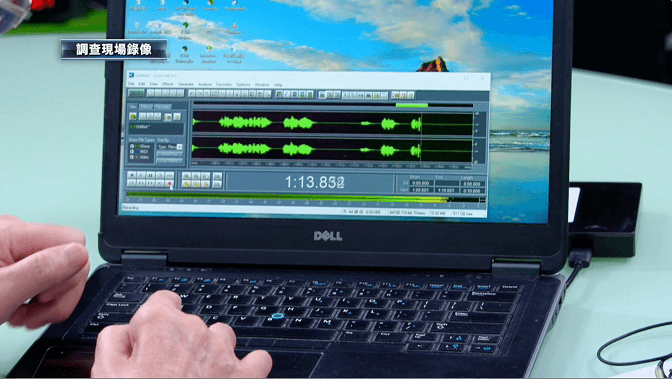
But none of the doctors showed any surprise or anger when asked whether the organs were from Falun Gong practitioners, as if harvesting organs from living Falun Gong adherents is “business as usual.”
“This round of investigation was conducted from Oct. 19 to Dec. 2, 2018, and involved 16 doctors from 12 hospitals in China,” said Wang, who is also a former chief physician for the People’s Liberation Army Air Force and a former histology research specialist at Harvard Medical School.
“The 12 hospitals range from Beijing and Tianjin in the north, all the way to Shanghai, Nanjing, and Guangzhou in the south.
‘No-Ischemia Liver Transplant’
Seven of the doctors who were contacted confirmed that both organ harvesting and transplantation are done at their hospitals.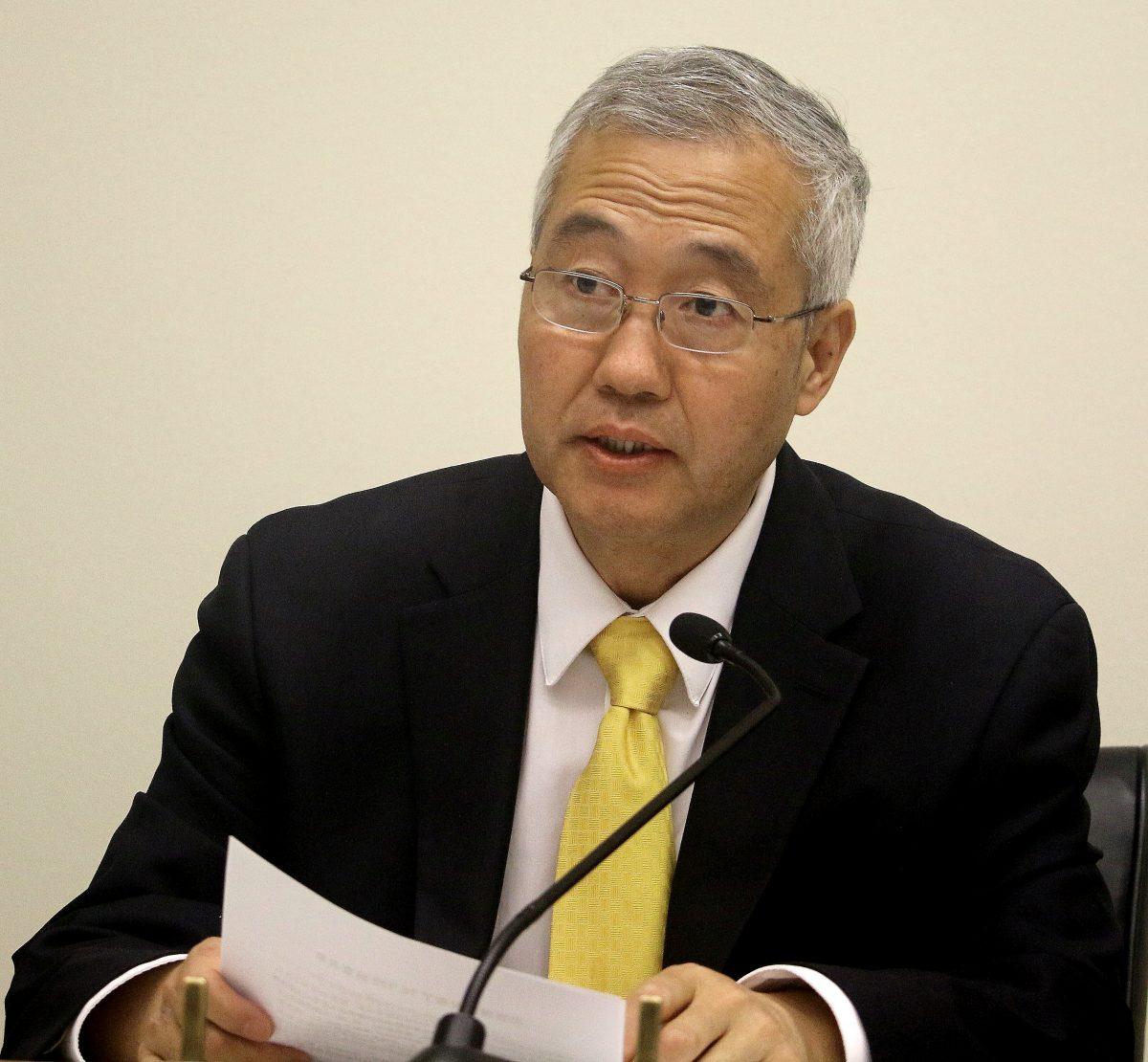
This seems to be explicit in the case of one doctor boasting about a “no-ischemia liver transplant.”
Ischemia is the inadequate supply of freshly oxygenated blood to an organ, and dealing with the ischemia time—the time an organ is without such blood supply—is a significant issue for transplantation, impacting chances of rejection, survival rates, and outcomes for the recipient.
In most transplantation surgeries around the world, after organs are procured, they are kept chilled in both a cold preservative solution and crushed ice. During this time, there is no warm, oxygenated blood flow to the organ. This is called “cold ischemia time.”
There is also another measure of ischemia time, called “warm ischemia time,” which measures the time the organ is still in the body but not receiving freshly oxygenated blood (typically because the heart has stopped). Warm ischemia time ends when the organ is perfused with a cold solution and then quickly extracted and put in ice, awaiting transplantation into the new host body.
Livers, and also the heart and lungs, are particularly sensitive to ischemic damage and require minimal warm ischemic time to ensure a successful graft.
Wang: “You mentioned that you have a new technology, that is, which can shorten the warm ischemia time, correct?”
He Xiaoshun: “Correct, we do have it. ... Actually, it is not shortening the time, it is to (inaudible).”
Wang: “Oh, really? That means there is no more warm ischemia time at all, right?”
He: “Right, right. We always perform the [organ] transplants when the livers have continuous blood circulation during the whole process.”
Wang: “Oh, being performed when there is always blood circulation. What is the name of your technology?”
He: “It is. We call it ‘no ischemia.’ There is no loss of blood, so it is called ‘no-ischemia liver transplant.’”
Wang: “Oh, let me confirm with you one more time. So, the organs you currently use are all from Falun Gong [practitioners], who are healthy. So they are very healthy organs, right?”
He: “Uh, right. There is no need to rinse [the organs] with ice-cold water or to preserve them in ice. All such procedures can be omitted!”
Wang: “Oh, that makes sense. So inherently, organs from Falun Gong [practitioners] are very good, on top of that, there is no issue of warm ischemia, it would be even better.”
He: “Right, right.”
Wang said that “no-ischemia liver transplants” almost certainly meant that the organs are being harvested from living human beings, given the extremely low incidence of genuine brain death cases that go on to become donors in China.
In particular, the promise of He Xiaoshun that such surgeries could be carried out as needed to obtain organs indicates that the organs are not coming from voluntary donors who happen to suffer brain death, typically through accidental head trauma, but were from people held in captivity.
‘We May Have It as Soon as Tomorrow’
When asked how soon the transplants could be done, most doctors promised within one week or two, with the longest wait being two months and the shortest “as soon as tomorrow.”Wang: “So how long does he have to wait if he can have the surgery?”
Liu Dongfu: “Let me tell you this. It can be as fast as within a week. If not that fast, you can have it after waiting for two months, in two months.”
Wang: “Oh, OK. So if fast, one week; if slow, one to two months? Correct? “
Liu: “We may have it [the source for a kidney] as soon as tomorrow.”
Same Organs as From ‘Organ Brokers’
A doctor on duty at the Urology Surgery Department of Beijing Chaoyang Hospital not only confirmed that organs came from Falun Gong practitioners, but also said that their sources were the same as those from “organ brokers.”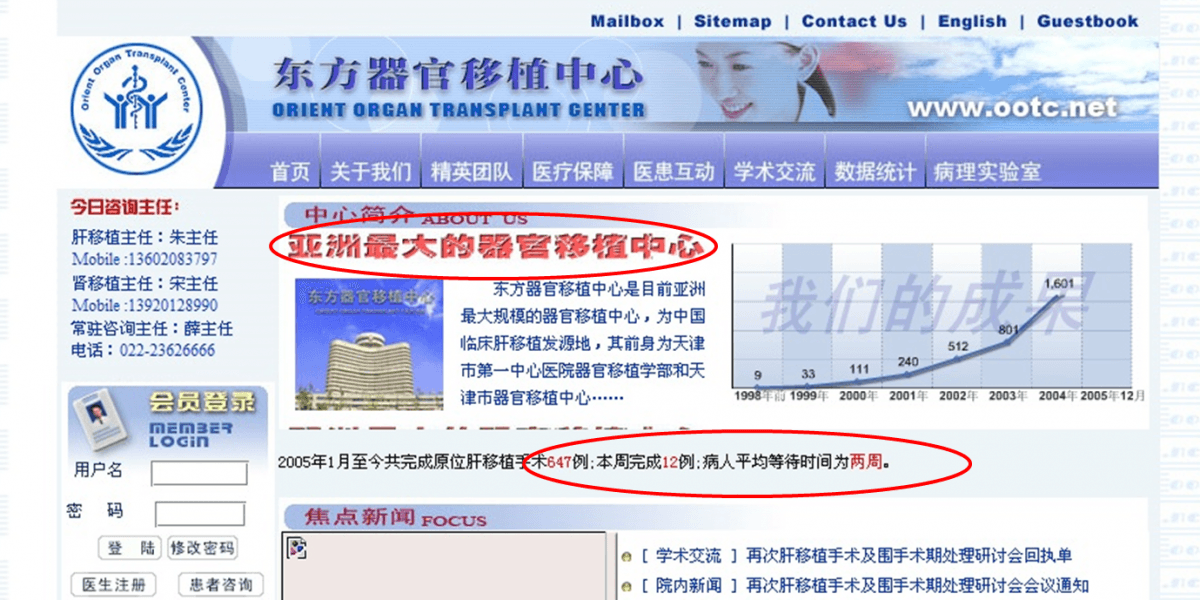
Wang: “I heard from my friends that, sometimes, you go directly to the source of kidneys to get the organs. Sometimes, [the organs] are transferred through a broker, from outside of the hospital. Now, there is no more broker, right?”
Dr. Li: “There may still be brokers, but normally the sources are ...”
Wang: “The organs taken by the brokers are also the normal organs from Falun Gong [practitioners], and the organ sources are the same, right?”
Dr. Li: “Yes, all taken by them.”
Wang: “My question is, what the brokers take and what you take are the same thing, right?”
Dr. Li: “Right, right, right.”
Wang said that offers important new evidence for the crime of live organ harvesting.
“When The Epoch Times broke the news of live organ harvesting of Falun Gong practitioners in 2006, the Chinese Communist Party sought to cover it up by claiming the organs came from death-row prisoners,” Wang said.
“After they found out that death-row prisoners were too few for the transplants done every year, and that harvesting organs from death-row prisoners also was not accepted by the international medical community, they tried to say that they would set up an organ donation system and would use only donated organs in the future.
“However, people soon found out that their organ donation system was a hoax, as for one, none of their claimed organ donation centers had enough donors to sustain the huge number of organ transplants in China; two, people could never find out information regarding the donors.
“If the organs are really from legitimate donors, all the information should be transparent. But in China, transparency doesn’t exist.”
Wang said that when the organ-donation system wasn’t good enough to convince the outside world, the CCP managed to attribute the source to black marketeers.
‘What Is the Price?’
When Wang Zhiyuan asked about the price of an organ transplant, Wang Jianli, associate chief physician of the Organ Transplant Institute at the Beijing Armed Police General Hospital, said that the price was “not high” and that “200,000 to 300,000 yuan [US$28,000 to $43,000] would be good enough” for a liver transplant.Dr. Li of the Urology Surgery Department of Beijing Chaoyang Hospital cited 100,000 yuan (US$14,000) as an upfront payment for a kidney transplant.
Wang said that a liver transplant in China usually costs between 700,000 yuan to more than 1 million yuan (US$101,000 to $144,000). He believes he was given a “discount” price because Wang Jianli believed he was a high-ranking official on the Political and Legal Affairs Commission.
Genocide
After then-dictator Jiang Zemin ordered a campaign in 1999 to eradicate the spiritual practice of Falun Gong, forced organ harvesting developed as an aspect of the persecution of adherents. Falun Gong involves living according to moral teachings that are based on the principles of truthfulness, compassion, and tolerance, and doing slow-motion, meditative exercises.Jiang feared Falun Gong because of the large number of practitioners—estimated at 100 million in 1999 in Western media reports—and the attractiveness of its traditional moral teachings to the Chinese people.
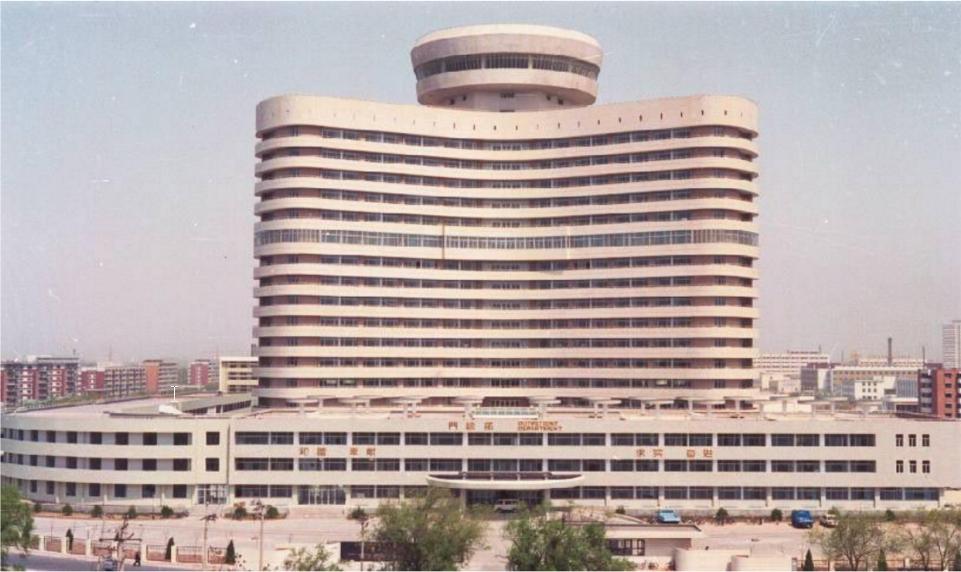
The coolness recorded by WOIPFG of top transplant administrators when it comes to taking organs from prisoners of conscience contrasts sharply with the account of one of the witnesses interviewed in March 2006, when The Epoch Times broke the story about forced, live organ harvesting from Falun Gong practitioners.
The initial accounts of organ harvesting in Sujiatun were followed in July 2006 by the report “Bloody Harvest” by David Kilgour, a former Canadian crown prosecutor and secretary of state for Asia-Pacific, and human-rights lawyer David Matas, which supported the allegations of organ harvesting from Falun Gong adherents.
Among the evidence considered for the report were phone calls made to Chinese transplant doctors, in which the doctors admitted to harvesting organs from Falun Gong practitioners.
The report concludes that the number of transplants done in China far exceeds the official numbers and that the main source for the organs is the killing of innocents, primarily Falun Gong practitioners.
